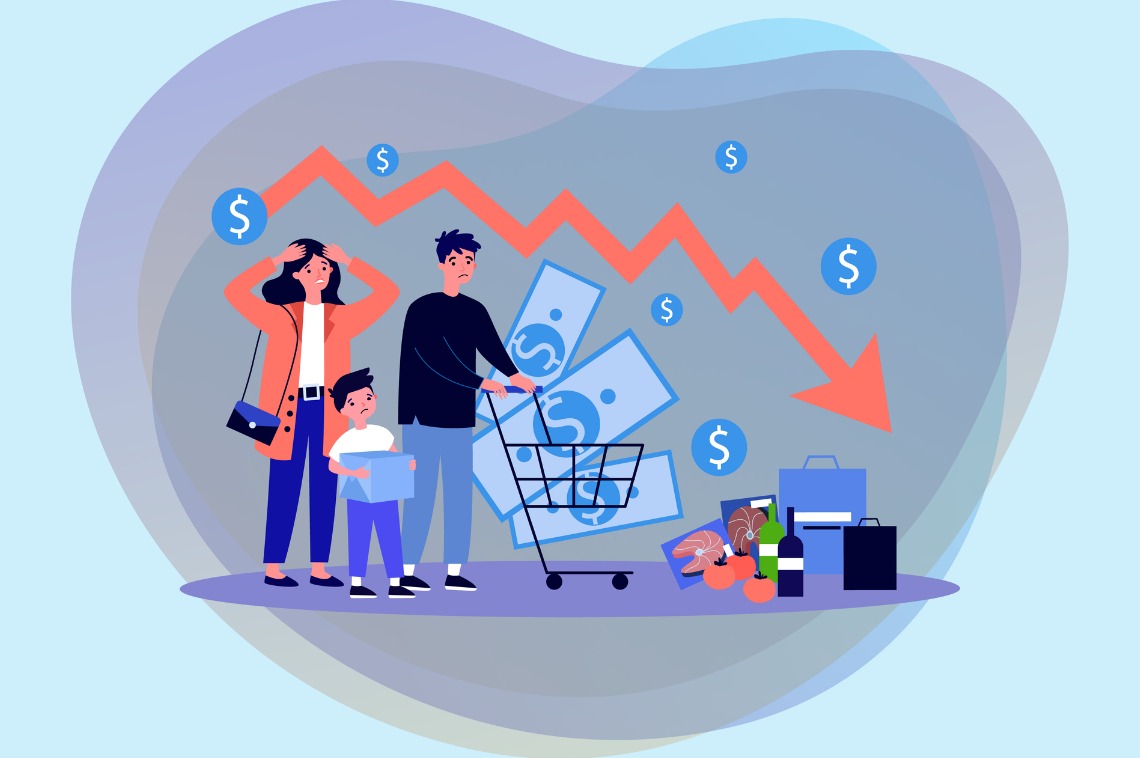The Conference Board Consumer Confidence Index, which measures American opinions of current economic conditions and their outlook for the next six months, deteriorated by 5.4 points in June, falling to 93 from May’s 98.4. The Present Situation Index—based on consumers’ assessment of current business and labor market conditions—fell 6.4 points to 129.1. The Expectations Index—based on consumers’ short-term outlook for income, business and labor market conditions—fell 4.6 points to 69, substantially below the threshold of 80 that typically signals a recession ahead.
Purchasing plans for cars were steady at the highest level since December 2024, while purchasing plans for homes declined. Compared to May, more consumers were undecided about plans to buy big-ticket items overall.
“Consumer confidence weakened in June, erasing almost half of May’s sharp gains,” said Stephanie Guichard, senior economist at The Conference Board. “The decline was broad-based across components, with consumers’ assessments of the present situation and their expectations for the future both contributing to the deterioration.
“Consumers were less positive about current business conditions than May. Their appraisal of current job availability weakened for the sixth consecutive month but remained in positive territory, in line with the still-solid labor market. The three components of the Expectations Index—business conditions, employment prospects and future income—all weakened. Consumers were more pessimistic about business conditions and job availability over the next six months, and optimism about future income prospects eroded slightly.”
June’s retreat in confidence was shared by all age groups and almost all income groups. It was also shared across all political affiliations, with the largest decline among Republicans.
Guichard added: “Consumers’ write-in responses revealed little change since May in the top issues impacting their views of the economy. Tariffs remained on top of consumers’ minds and were frequently associated with concerns about their negative impacts on the economy and prices. Inflation and high prices were another important concern cited by consumers in June.
“However, there were a few more mentions of easing inflation compared to last month. This is in line with a cooling in consumers’ average 12-month inflation expectations to 6% (down from 6.4% in May and 7% in April). References to geopolitics and social unrest increased slightly from previous months but remained much lower on the list of topics affecting consumers’ views.”
Consumers’ outlook on stock prices continued to recover from April’s 16-month low, with 45.6% expecting stock prices to increase over the next 12 months in June, up from 37.6% two months ago. Regarding interest rates, 57% expected rates to rise, the highest share since October 2023.
Consumers’ views of their family’s current financial situation remained solid but deteriorated slightly. However, consumers’ expectations regarding their family’s future financial situation improved to a four-month high. The share of consumers expecting a recession over the next 12 months rose slightly in June and remained above the levels seen in 2024.
By the numbers
- 19.0% of consumers said business conditions were “good,” down from 21.4% in May.
- 15.3% said business conditions were “bad,” up from 13.7%.
- 29.2% of consumers said jobs were “plentiful,” down from 31.1% in May.
- 18.1% of consumers said jobs were “hard to get,” down slightly from 18.4%.
For the full report, go here.












